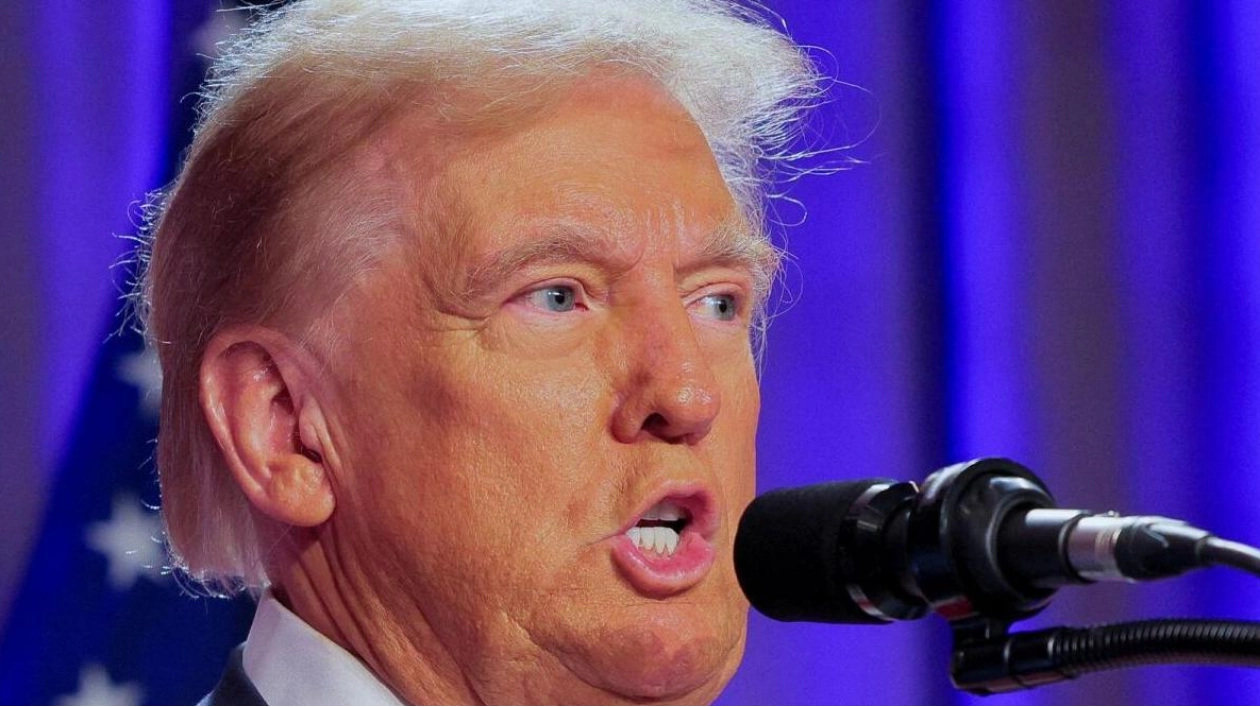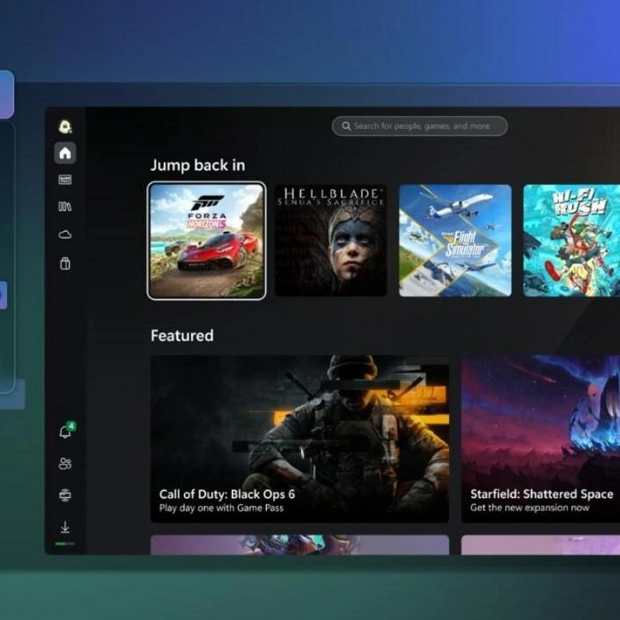US President-elect Donald Trump addresses House Republicans on Capitol Hill in Washington, US, on November 13, 2024. — Reuters file
Following Joe Biden's disastrous TV debate with Donald Trump, which marked the beginning of the president's declining reelection prospects, Vancouver immigration lawyer Randall Cohn began receiving calls from Americans. This marked the first wave of panic among individuals concerned about the possibility of another Trump administration and their interest in relocating to Canada.
"The initial surge subsided somewhat after Kamala Harris became the nominee, but I experienced another surge in the last couple of weeks," Cohn told AFP. In the wake of Trump's November 5 victory, Google Trends recorded a more than 1,000 percent increase in US-based searches related to moving to Canada. Similarly, after his 2016 win, heightened traffic temporarily crashed Canada's immigration website.
The phenomenon of left-leaning Americans considering Canada as an escape route after a Republican election victory is not new and has been observed before, such as when Ronald Reagan defeated Jimmy Carter in 1980. Experts acknowledge that while it is challenging to quantify the exact number of Americans who have actually moved to Canada due to an election outcome, it is generally understood to be a small number. Immigrating to Canada is notoriously difficult, and by some measures, it has become even more so.
"Someone without any prior connection to Canada is going to face significant challenges," Jacqueline Bonisteel, a partner at the Corporate Immigration Law Firm, explained to AFP. Cohn noted that he has been contacted by "fairly wealthy" individuals distressed by Trump's resurgence, who feel they have the right to move freely. "They essentially want to purchase a pathway to permanent residency in Canada," he said. "I have to inform them that it's not as straightforward as they might think and that residency cannot be bought."
Shanthony Exum, a former Brooklyn resident who relocated to Montreal during the pandemic before the 2020 election, described the immigration process as "daunting... exhausting (and) expensive." The 42-year-old artist cautioned Americans considering Canada for political reasons. "Trump's policies are terrifying to me, but that wasn't the reason I moved," she said. Exum had a long-standing affection for Montreal and was visiting the city when New York City's Covid-related deaths were being stored in refrigerated trucks. Subsequently, her Brooklyn landlord sold the property, prompting her to decide to stay in Canada. Her love for Montreal helped her navigate the arduous immigration process.
While waves of Canadian citizenship applications from distressed Democrats may be unlikely, experts agree that Canada could see an increase in refugee claims. Sean Rehaag, director of York University's Centre for Refugee Studies, has observed a spike in the number of US citizens seeking asylum in Canada when Trump first took office. In 2016, 129 Americans made refugee claims in Canada, which jumped to 869 in 2017 and 642 in 2018. Rehaag has noted that these 1,500 individuals were "mainly the children of people fearing deportation due to changes in their immigration status after years in the United States."
Given Trump's pledge to use the US military for mass deportations of undocumented migrants, Canadian authorities have indicated they are on alert for large movements of people towards the border. If mass deportations occur, "you're going to witness a significant increase in the number of people crossing into Canada irregularly," said Cohn. However, refugee laws have also evolved since Trump's first term. The Safe Third Country Agreement between Canada and the United States was expanded in 2023, making it more difficult for individuals coming from the US to claim asylum in Canada.
The agreement is based on the premise that Canada considers the US a safe country, so individuals not entitled to refugee status there are unlikely to receive protection in Canada. The agreement has already faced legal challenges in Canada, and some argue that Trump's election makes it even more untenable. "It doesn't align with our standards for how we should treat people," said Jamie Chai Yun Liew, an immigration expert at the University of Ottawa, highlighting key differences in how Canada views vulnerable groups, including claims related to gender-based violence or gender diversity. She urged the Canadian government to "take a close look at what Trump... has done in the past" and his proposals for his next term, and consider reviewing the agreement.
Source link: https://www.khaleejtimes.com






